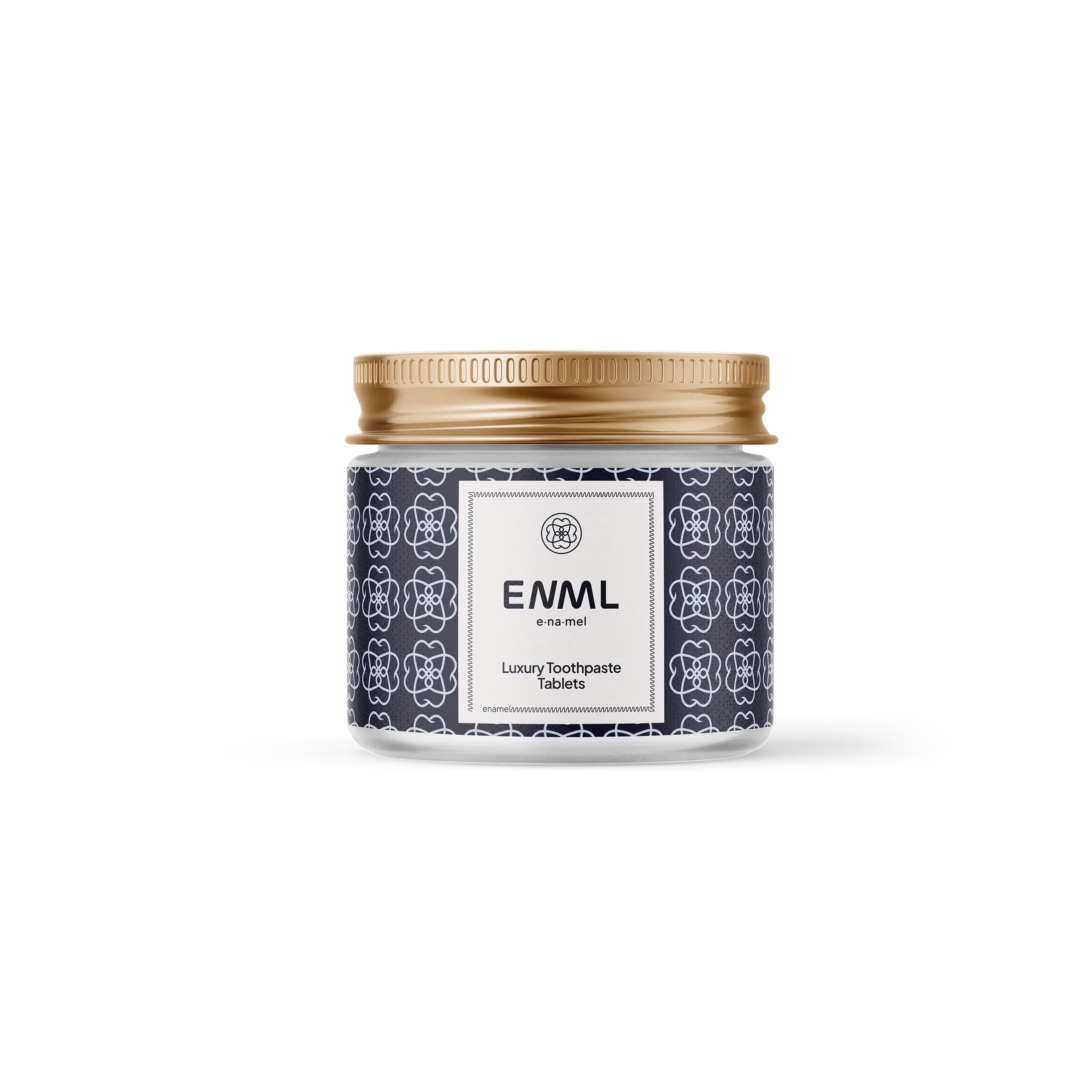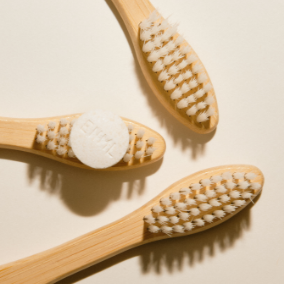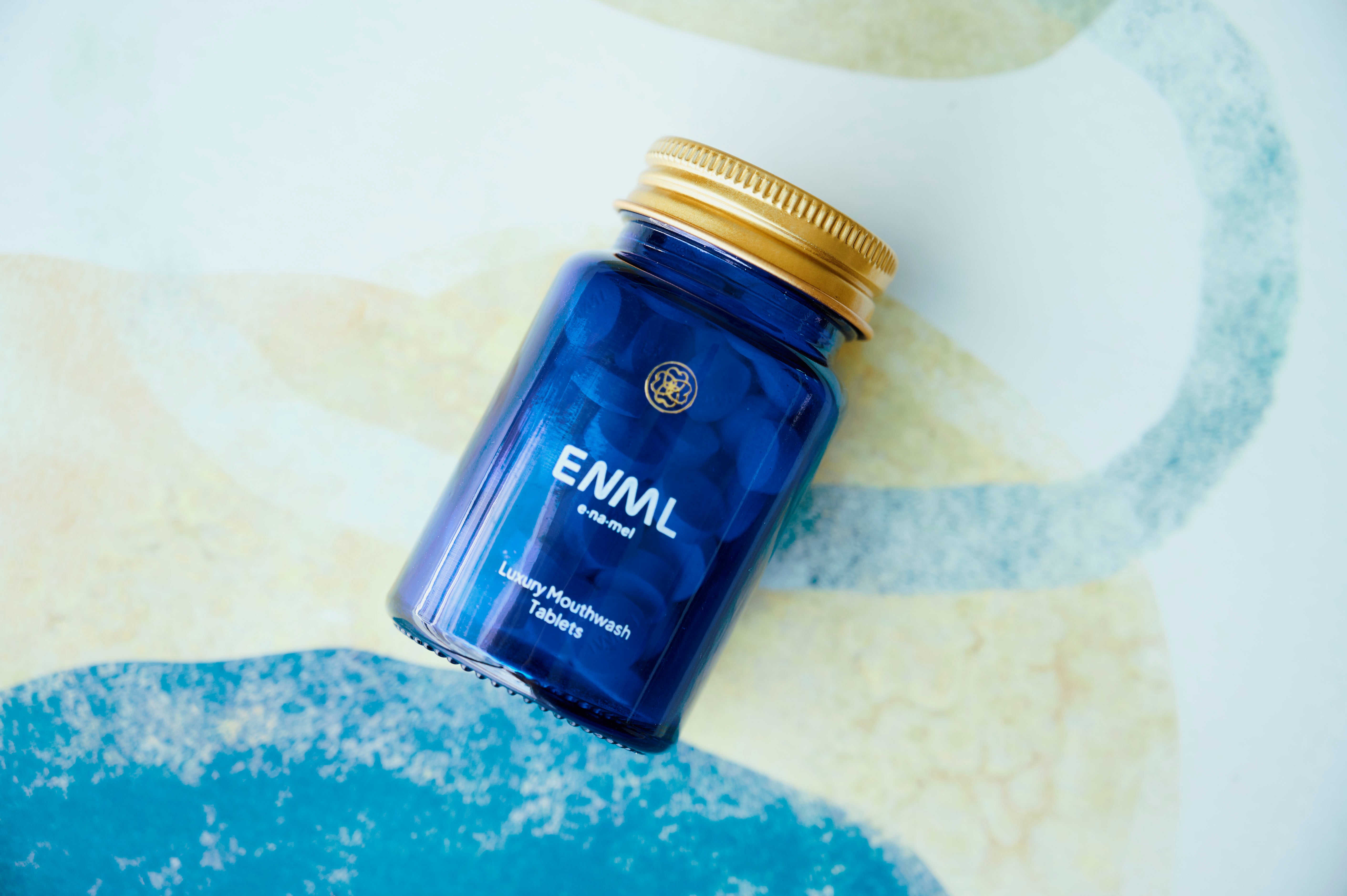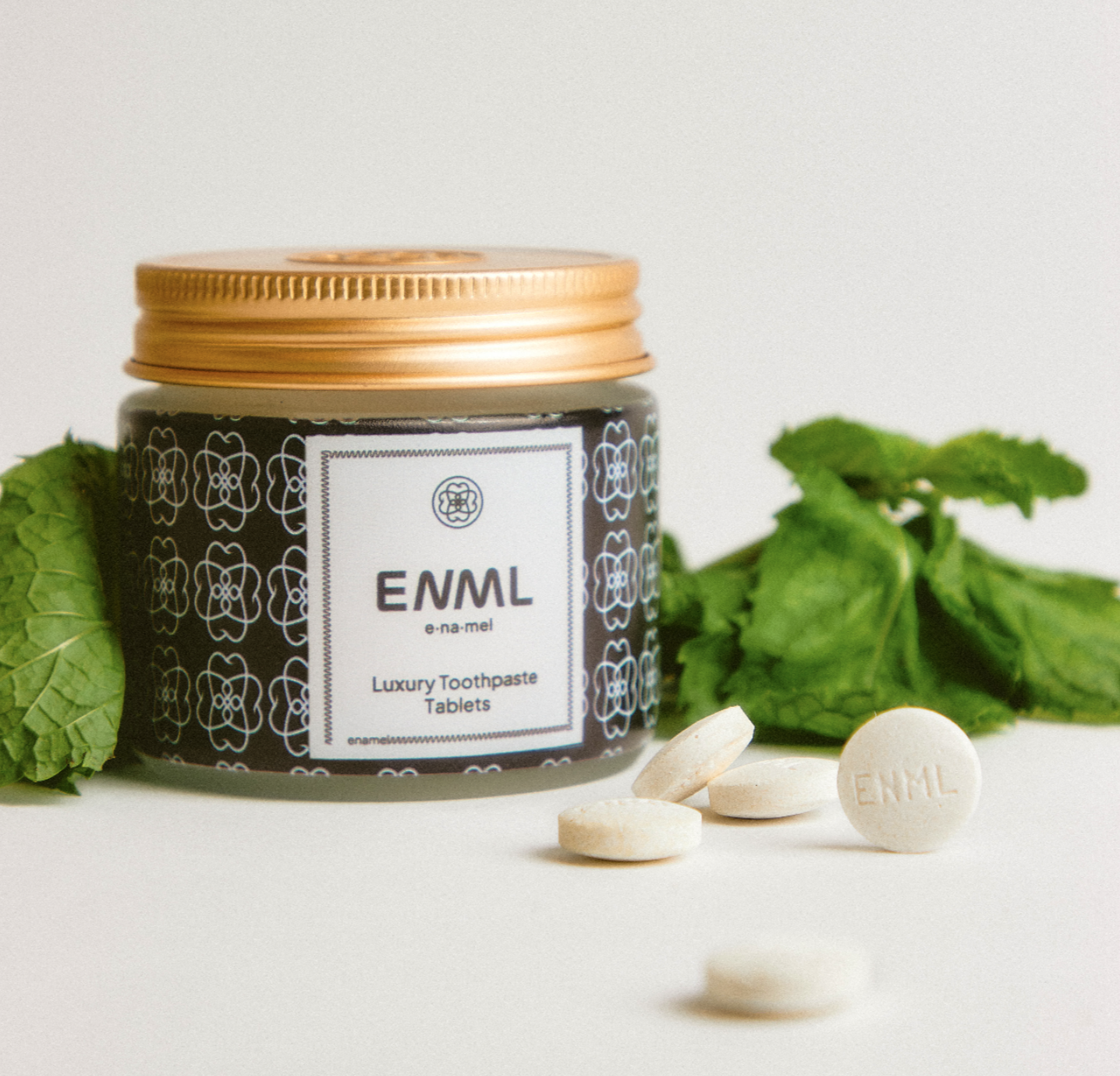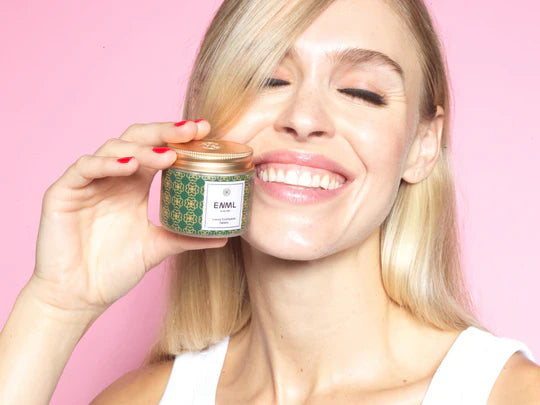Maintaining proper oral hygiene is essential for a healthy, confident smile. Yet, for many, brushing can feel like a chore rather than a necessity. Dr. Jordan Harper recalls a striking lesson from his dental school days that drives home the importance of brushing and its role in preventing cavities and decay.
Imagine the impact of a professor using a real-life example of tooth decay to show the consequences of neglecting oral hygiene. This story underscores why daily brushing isn’t just about fresh breath—it’s about preventing the unpleasant and damaging effects of oral neglect. In this blog, we’ll explore the science behind brushing, why it matters, and how it can save your teeth (and your confidence).
Why Brushing Your Teeth Is Crucial
Brushing your teeth is the cornerstone of oral hygiene, removing food particles, plaque, and bacteria that can lead to decay, bad breath, and gum disease. Without regular brushing, cavities form, plaque hardens into tartar, and oral health declines. Dr. Harper’s anecdote highlights how skipping this essential habit can have unpleasant and sometimes shocking consequences.
💡 Related Post: Unlocking Oral Wellness: Expert Insights on Effective Dental Care with Dr. Jordan Harper
Key Questions and Answers
What happens if you don’t brush your teeth regularly?
Neglecting brushing allows plaque to accumulate, leading to cavities, gum disease, and bad breath. Over time, untreated decay can cause pain, infections, and even tooth loss.
Why is brushing twice a day recommended?
Brushing twice daily ensures plaque and food particles are removed before they harden into tartar, keeping your teeth and gums healthy.
How does tooth decay develop?
Tooth decay occurs when bacteria in plaque produce acid after feeding on sugars, eroding the enamel and creating cavities.
Can brushing reverse decay?
While brushing cannot reverse existing decay, it can prevent further damage and strengthen enamel when combined with products like microhydroxyapatite toothpaste.
Why is proper brushing technique important?
Proper brushing ensures all tooth surfaces are cleaned, particularly hard-to-reach areas where plaque tends to build up.
Benefits of Brushing Twice Daily
-
Prevents Decay: Regular brushing removes plaque and reduces the risk of cavities.
-
Strengthens Enamel: Toothpaste containing fluoride or microhydroxyapatite helps remineralize teeth.
-
Improves Gum Health: Removes bacteria that cause inflammation and gum disease.
-
Fights Bad Breath: Eliminates food particles and bacteria that produce unpleasant odors.
-
Saves on Dental Costs: Preventative care reduces the need for expensive restorative treatments.
Dos and Don’ts of Brushing
Dos
-
Brush Twice Daily: Once in the morning and once before bed for optimal results.
-
Use a Soft-Bristled Brush: Prevents enamel erosion and gum irritation.
-
Brush for Two Minutes: Ensure each quadrant of your mouth gets equal attention.
-
Replace Your Toothbrush Regularly: Every three months or sooner if bristles are frayed.
Don’ts
-
Brush Too Hard: Aggressive brushing can damage enamel and gums.
-
Skip Hard-to-Reach Areas: Pay attention to molars and the back of your mouth.
-
Forget to Brush Your Tongue: Bacteria on your tongue can cause bad breath.
-
Use Abrasive Toothpaste: Choose gentle, enamel-safe products like Enamel Toothpaste Tablets.
Lifestyle Integration
Brushing should be a seamless part of your daily routine. Pairing it with another habit, like listening to your favorite podcast or setting a timer, can make it more enjoyable. Keep an extra toothbrush and toothpaste at work or in your bag for midday touch-ups. For families, turning brushing time into a group activity can encourage kids to build healthy habits early on.
Reader Challenges or Action Plans
The 7-Day Brushing Challenge
Commit to brushing twice a day for a week using proper techniques. Reflect on how your mouth feels after each session and take note of any improvements in breath freshness or tooth cleanliness.
Upgrade Your Toothbrush
Try an electric toothbrush for more effective cleaning and track your progress over a month. Document how it changes your oral health routine.
Share the Lesson
Discuss Dr. Harper’s story with friends or family to inspire better oral hygiene habits. Sometimes, a vivid example is all it takes to motivate change.
Scientific Backing or Research Highlights
Decades of research support the importance of brushing in preventing cavities and gum disease. Studies show that brushing twice a day with fluoride or microhydroxyapatite toothpaste significantly reduces the risk of decay and strengthens enamel. Proper brushing technique has also been linked to improved gum health and a reduction in systemic issues like cardiovascular disease associated with poor oral hygiene.
Conclusion
Dr. Harper’s dental school story may be humorous, but it serves as a powerful reminder of the importance of brushing your teeth. Regular brushing not only prevents decay and bad breath but also contributes to overall health and confidence. The effort you invest in this simple habit pays off in countless ways, from saving on dental costs to maintaining a radiant smile.
Take the first step toward better oral health with Enamel Toothpaste Tablets, featuring the power of microhydroxyapatite to strengthen your teeth and prevent decay. Explore our ENML Jar Collection today and experience the difference for yourself.
Transcript
I had a professor in dental school. Never forget. He was working on with a classmate of mine and he's taking out the decay on a tooth. So like taking out the carries on a tooth with what we call a spoon excavator. It was a massive cavity. So it's like just peeling up, like just disgusting. And he took the spoon excavator.
And he stuck it up underneath the patient's nose and goes, you smell that you smell that that's why we brush our teeth. And you can just smell like the rottenness, you know, it might be why he's a professor and, uh, and, and not in private practice, but it was a very, uh, take home point for that patient that, uh, man, we've got to, uh, we got to brush.


